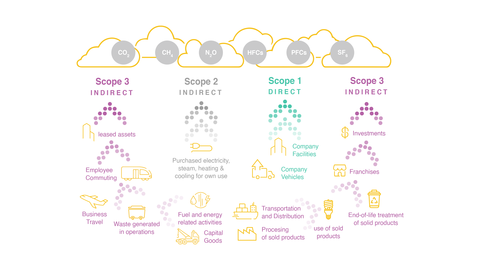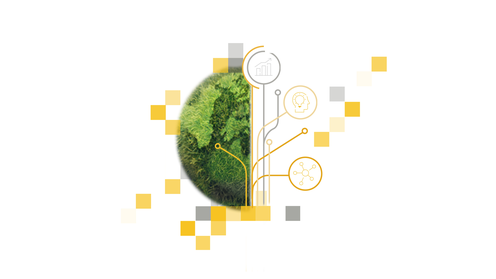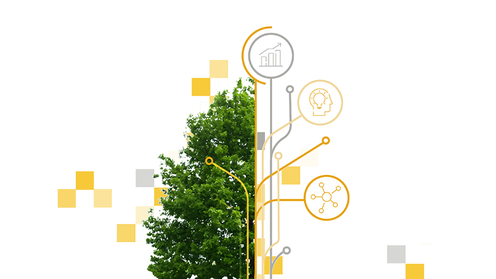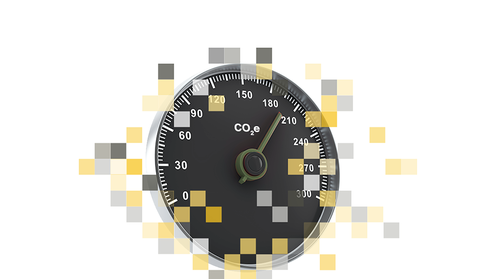The Benefits of Sustainable Transport Logistics: Efficiency and Competitive Advantage
In transport logistics, sustainability and efficiency often go hand in hand. By reducing empty truck runs, for example, you can save resources and reduce emissions simultaneously.
At the heart of sustainable transport logistics is accurate data. As Director of the Transporeon Sustainability Tribe, Jakob Muus, routinely emphasises, "You can't manage what you can't measure." That's why having the right tools to measure and manage your emissions is critical. This is where Transporeon's Carbon Visibility and soon-to-be-launched Carbon Intelligence solutions come in. These solutions allow logistics professionals to accurately measure, manage, and mitigate emissions based on live data collected from vehicles. Our Visibility solutions were recently accredited by the Smart Freight Centre for compliance with the GLEC framework. They are prepared to adhere to the new ISO 14083 still to be published and furthermore support the European Commission´s “CountEmissions EU”, part of the Green Freight Package coming out in April or May 2023.
By using these cutting-edge solutions, companies can take the first steps towards a more sustainable future and optimise processes for the best results. So, starting now – in any case – will give you immediate benefits.
GLEC is short for Global Logistics Emissions Council, a framework that provides a set of guidelines for measuring and reporting the greenhouse gas (GHG) emissions of logistics activities. The GLEC Framework is aimed at standardising the calculation and reporting of emissions from transportation and other logistics activities across the supply chain, to support sustainability initiatives and reduce the environmental impact of logistics operations.






